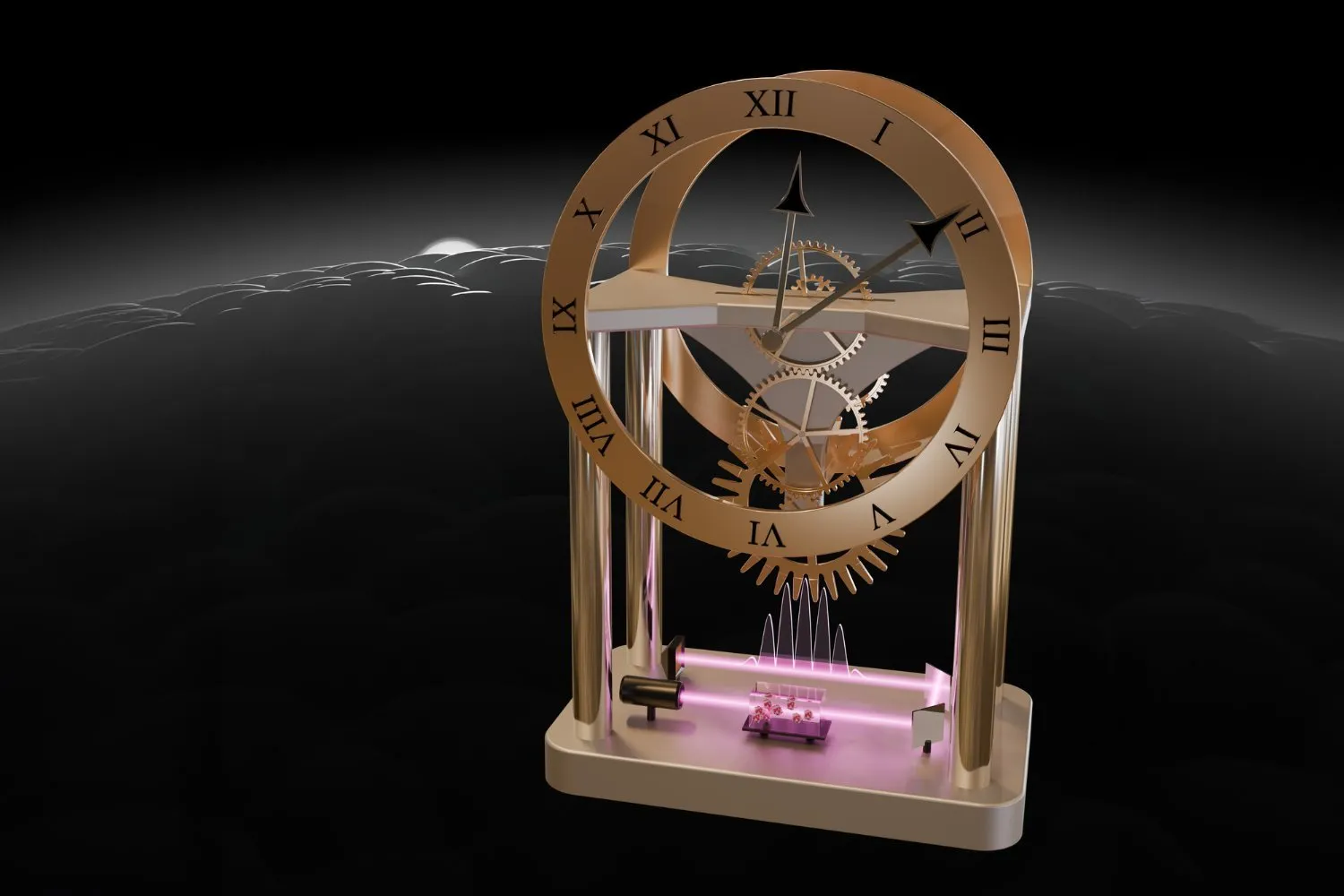The Breakthrough in Nuclear Clocks Revolutionizes Timekeeping Technology

Revolutionizing Timekeeping with Nuclear Clocks
Scientists are making waves with their latest breakthrough: the world’s first nuclear clock. Utilizing atomic nuclei of thorium, this device introduces an exciting frontier in timekeeping technology.
The Science Behind the Nuclear Clock
This innovative clock leverages the principles of nuclear physics to improve our understanding of time. Unlike traditional atomic clocks, which depend on electrons, nuclear clocks focus on the foundational components of atoms, leading to potentially new methods of time measurement.
- Increased Accuracy: While still in its infancy, the nuclear clock paves the way for a future where timekeeping becomes extraordinarily precise.
- Scientific Implications: This technology could advance fields that require extreme precision, such as GPS systems and telecommunications.
Final Thoughts
The unveiling of the world's first nuclear clock marks a pivotal moment in technological advancement. As research continues, the implications of this device could extend far beyond mere timekeeping.
This article was prepared using information from open sources in accordance with the principles of Ethical Policy. The editorial team is not responsible for absolute accuracy, as it relies on data from the sources referenced.